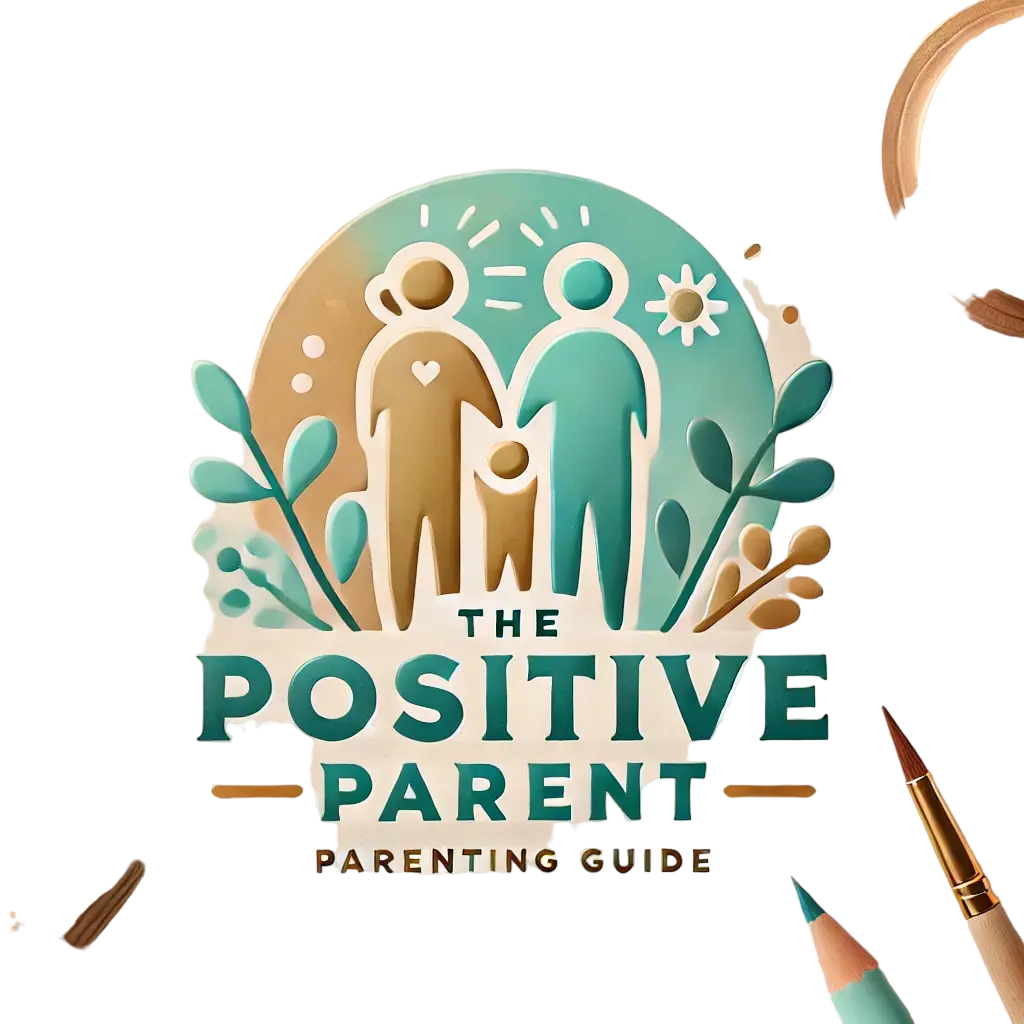The Hidden Costs of Being a Multigenerational Caregiver
Category
Categories

The Financial and Emotional Strain of Multigenerational Caregiving
In Latine communities, the tradition of caring for elders comes with significant hidden costs that impact both finances and mental health.
Catherine Garcia stands out as a prime example of the challenges faced by multigenerational caregivers. Raised by her grandmother in Puerto Rico, Garcia eventually became her full-time caregiver until her grandmother’s passing.
From the initial decision to move in with her grandmother to the emotional journey of saying goodbye and moving forward, Garcia’s experience mirrors that of many other first-generation Latines in the U.S. who balance caregiving with establishing their own lives.
Statistics show that the average Latine caregiver in the U.S. is younger than caregivers of other backgrounds, typically around 43 years old. They often care for older relatives with health conditions while also juggling responsibilities for their own children and partners. Despite shouldering a heavy load at home, Latine caregivers tend to have lower incomes and education levels compared to their peers.
Latine Cultures Embrace Multigenerational Living
Today, Garcia holds the positions of OB/GYN Administrative Director and Mt. Sinai Academic Coordinator at BronxCare Health System in the Bronx, NY. Her journey to this point was filled with challenges, but her resilience was always fueled by the support of her grandmother.
Multigenerational Living in Latine Culture
In the United States and beyond, multigenerational families are a common practice within Latine culture. Approximately 32 percent of Latine households in the U.S. are considered multigenerational, indicating a significant number of Latines taking care of elderly family members under one roof.
Latine Women as Caregivers
Within Latine families, women are often the primary caregivers for elderly family members. While it may not always be a personal choice, cultural norms emphasizing strong family values drive many Latine women to take on this responsibility.
Abuela’s Girl
Raised by her Abuela Ana Celia Alvarez in Spanish Harlem, New York City, Garcia cherishes her upbringing by the woman who always longed for a daughter. Abuela migrated from Arecibo, Puerto Rico, seeking a better life for her children, shaping Garcia’s values.
Due to domestic violence, Garcia found solace with her abuela, who instilled essential life lessons such as maintaining a home, hard work, gratitude, and love. Abuela’s care provided Garcia with mental stability and a sense of security.
Garcia’s grandmother taught her the value of hard work early on, making her do household chores like hand-washing laundry and cleaning the home on weekends due to financial constraints.
Becoming a teenage mother at 17 changed Garcia’s life, but her abuela supported her through it all. Eventually, Garcia had to embrace the role of being a supportive parent for her own daughter, mirroring the care and guidance her grandmother had shown her.
Family Caregiving Journey: A Story of Love and Sacrifice
Reflecting on her journey as a caregiver, Garcia recounts taking on the responsibilities of rent, utilities, and groceries for her grandmother, especially as her health declined due to diabetes.
From Translator to Caregiver: A Multigenerational Bond
Garcia’s role as a translator for her grandmother at healthcare appointments and parent-teacher conferences started in her childhood and continued into her motherhood, where she balanced school, work, and caregiving. As her grandmother’s health deteriorated, Garcia’s support became crucial in navigating the healthcare system and ensuring the best care for her abuela.
A Heart-Wrenching Decision for Better Care
As her grandmother’s health complications worsened, including amputation, renal dialysis, and blindness due to diabetes, Garcia faced a difficult choice to enroll her in an assisted living facility with specialized care. Despite the emotional toll, Garcia knew this decision was necessary for her abuela’s well-being and found comfort in the facility’s professional support.
Continued Support and Visits: A Testament to Love
Even after transitioning her grandmother to the assisted living facility, Garcia remained devoted to her abuela, visiting regularly with her children and ensuring she received the care and companionship she needed. Despite the physical separation, their bond remained strong, illustrating the enduring love and sacrifice of family caregiving.
Cherishing Memories with Her Grandmother
Reminiscing about her beloved grandmother, Garcia recalls the cherished moments of cooking meals together and engaging in long conversations. She deeply mourned the loss of not just her idol and hero but also her closest companion on the day her grandmother passed away.
A Lasting Tribute to Doña Alvarez
Garcia keeps her grandmother’s legacy alive in her daily life, reflecting on their shared experiences. The financial commitment of being her grandmother’s caregiver amounted to over $100,000 throughout their time together. Despite facing the challenges of being a single mother after divorce, Garcia carries on her grandmother’s values and way of life.
Becoming a Caregiver
Latine caregivers often face significant financial challenges. According to the National Alliance for Caregiving and AARP, Latine caregivers are more likely than non-Hispanic whites to struggle with unpaid bills, late payments, inability to afford basic expenses like food, or the need to move to more affordable living arrangements.
“Caretaking for a loved one in need can have a profound impact on a person’s well-being,” notes Dr. Dinorah Nieves, a counselor, coach, and behavioral scientist. Dr. Nieves, featured as a coach on A&E’s Hoarders, emphasizes the overwhelming fatigue that caregiving can bring, along with feelings of helplessness, fear of loss, and emotional strain.
Dr. Nieves’ Experience as a Caregiver
Dr. Nieves, a member of the Forbes Coaches Council, has firsthand experience as a Latine caregiver due to caring for her father until his passing.
Challenges of Caregiving
Despite her education and training, Dr. Nieves emphasizes the immense pressure, stress, and exhaustion of being a caregiver. She highlights the importance of having a supportive family and the courage to ask for help during such times.
Cultural Factors in Caregiving
Dr. Nieves points out that cultural traditions and family values within the Latine community play a significant role in caregiving. Latine caregivers often hesitate to seek assistance due to fears of burdening others and the belief that they must handle everything themselves.
The Need for Community Support
According to Dr. Nieves, caring for a sick loved one requires a collective effort. She emphasizes the importance of having a supportive community to share the caregiving responsibilities. While it involved sacrifices in terms of time, money, and energy, Dr. Nieves has no regrets about the journey.
Self-Care and Boundaries in Caregiving
Dr. Nieves emphasizes the importance of self-care for caregivers and highlights the significance of setting and maintaining boundaries.
Challenges in Setting Boundaries
Dr. Nieves acknowledges that establishing limits can be especially challenging in relationships with sick loved ones. The mix of emotions like guilt, fear, affection, helplessness, hope, and stress can intensify the need to be patient and present for the ill individual, leading to overcompensation and difficulties in saying no.
The Importance of Healthy Boundaries
According to Dr. Nieves, failing to set healthy boundaries can create a host of issues, including increased stress, feelings of entitlement, and resentment. Establishing clear boundaries not only fosters a safer environment but also allows for open and honest communication, even amidst the discomfort of setting limits without feeling guilty.
True to Herself
She emphasizes that caring for a loved one should not mean neglecting oneself. It is possible to simultaneously care for a sick family member while also prioritizing one’s own self-care.
Having personally experienced caring for her grandmother and children during medical challenges, Garcia highlights the importance of family love and unity she learned from her grandmother.
This lesson became even more significant when two of her children were diagnosed with juvenile diabetes. Garcia ended up donating a kidney to her eldest daughter, whom she had given birth to at 17 while still being under the care of her grandmother.
Dealing with two children with juvenile diabetes was incredibly tough, but Garcia found strength in supporting them. One child had to undergo dialysis in her early 20s, and Garcia later donated a kidney. The surgery was successful, and she is grateful that both her children are thriving as adults today.
Family and Financial Responsibilities
Currently, Garcia’s adult children, comprising two daughters and two sons, are aged between 40 and 26. Her youngest daughter is working towards completing grad school, and Garcia continues to provide financial support while managing personal financial obligations such as home repairs. Despite these responsibilities, she has excelled as a successful woman, serving as an inspiration for young Latinas to pursue their aspirations and embrace their potential.
Leadership Role and Philanthropic Activities
In 2022, Garcia was elected as the national president of the organization 100 Hispanic Women, a position she attained after being a board member since 2016. She now spearheads the organization’s initiatives aimed at offering scholarships to young Latinas seeking higher education, particularly focusing on assisting them throughout graduate and doctoral programs. Garcia’s primary objective is to promote diversity in all fields, ensuring Latinas are well-represented at every professional level. Her dedication and impactful work serve as a source of inspiration, reflecting her values of love, family, and community that took root during her upbringing in Spanish Harlem.
Maintaining Balance and Self-Care
Garcia acknowledges the profound influence of her grandmother in shaping the person she is today, emphasizing the importance of self-care in maintaining a harmonious life. She prioritizes taking care of her mental, physical, and spiritual well-being. In moments of overwhelm, Garcia engages in activities like leisurely walks, socializing with friends over dinner, receiving massages, and occasionally embarking on solitary weekend getaways to simply unwind and rejuvenate.



